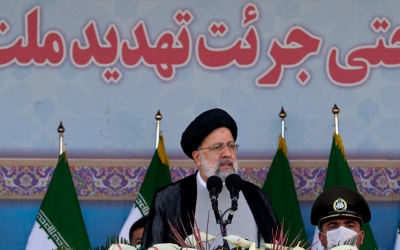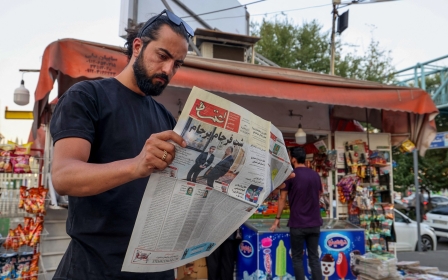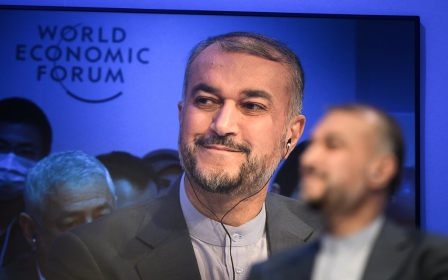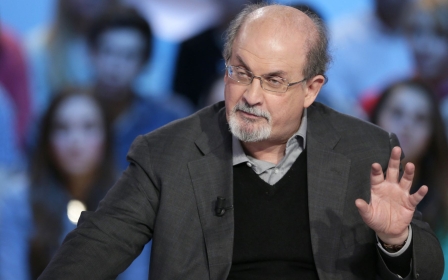Nuclear deal closer after Iran drops key demands, US official says
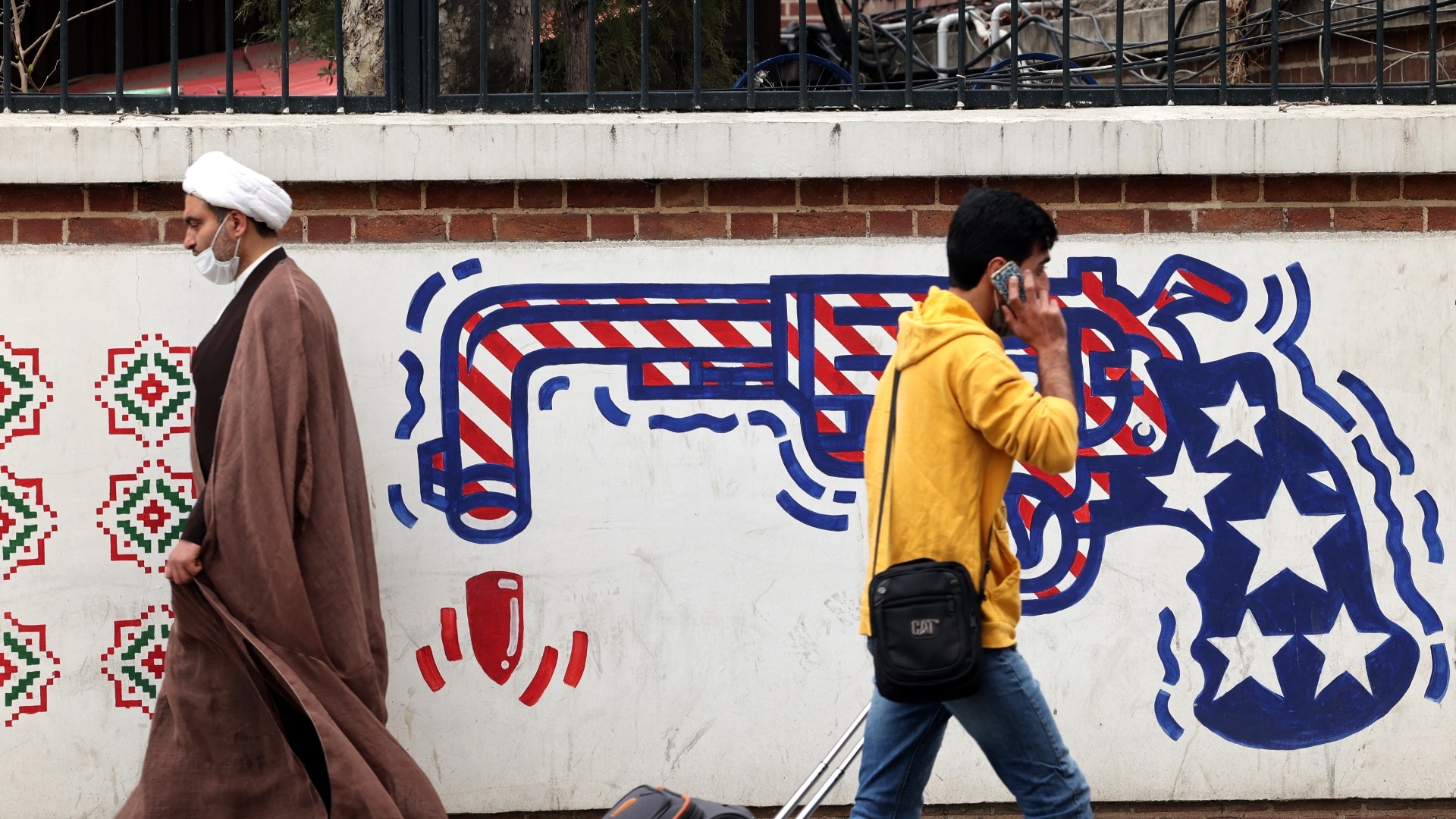
Iran has conceded on some of its key demands in talks to revive the 2015 nuclear deal, bringing the prospect of an agreement closer, according to a senior US official.
Earlier this month, the EU sent Tehran its “final” proposal to restore the pact, under which Tehran curbed its nuclear programme in return for economic sanctions relief.
"[Iran] came back last week and basically dropped the main hang-ups to a deal," the official, speaking on condition of anonymity, told Reuters on Monday.
"We think they have finally crossed the Rubicon and moved toward possibly getting back into the deal on terms that President Biden can accept.
"If we are closer today, it's because Iran has moved. They conceded on issues that they have been holding onto from the beginning."
New MEE newsletter: Jerusalem Dispatch
Sign up to get the latest insights and analysis on Israel-Palestine, alongside Turkey Unpacked and other MEE newsletters
The official said that Iran had dropped demands on lifting the foreign terrorist organisation designation of the Iran Revolutionary Guard Corps (IRGC) and on the International Atomic Energy Agency (IAEA) closing investigations into unexplained traces of uranium.
"Iran wants guarantees that the IAEA would close all of them. We said we would never accept that," the official said.
In 2018, then-President Donald Trump reneged on the nuclear agreement reached by his predecessor Barack Obama, calling it too soft on Iran. The Trump administration reimposed harsh sanctions, spurring Tehran to breach its limits on uranium enrichment.
Washington denies 'procrastinating'
On Monday, Iran accused the US of “procrastinating” and the EU of “inaction” in efforts to revive the deal.
US State Department spokesperson Ned Price denied the claims, stating: “The notion that we have delayed this negotiation in any way is just not true."
Price told reporters that Iran’s concessions had brought a deal “closer now than it was two weeks ago”, but that the outcome of negotiations were still uncertain due to “gaps” remaining.
The EU’s foreign policy chief Josep Borell said on Tuesday that most countries involved in the nuclear discussions agreed with the EU proposal, adding that Tehran’s response to the text was “reasonable”.
"Most of them agree, but I still don't have the answer from the United States, who I understand have to discuss it, and we expect during this week to receive an answer," he said.
A second official told Reuters that if the full deal were to be implemented, the IAEA could resume comprehensive inspections to detect any Iranian efforts to covertly pursue a nuclear weapon.
They added that Tehran would not be allowed to have the 20 percent and 60 percent enriched uranium that it is currently stockpiling.
"Strict limits on Iranian enrichment would mean that even if Iran left the deal to pursue a nuclear weapon, it would take at least six months to do so," the official said.
Middle East Eye delivers independent and unrivalled coverage and analysis of the Middle East, North Africa and beyond. To learn more about republishing this content and the associated fees, please fill out this form. More about MEE can be found here.


